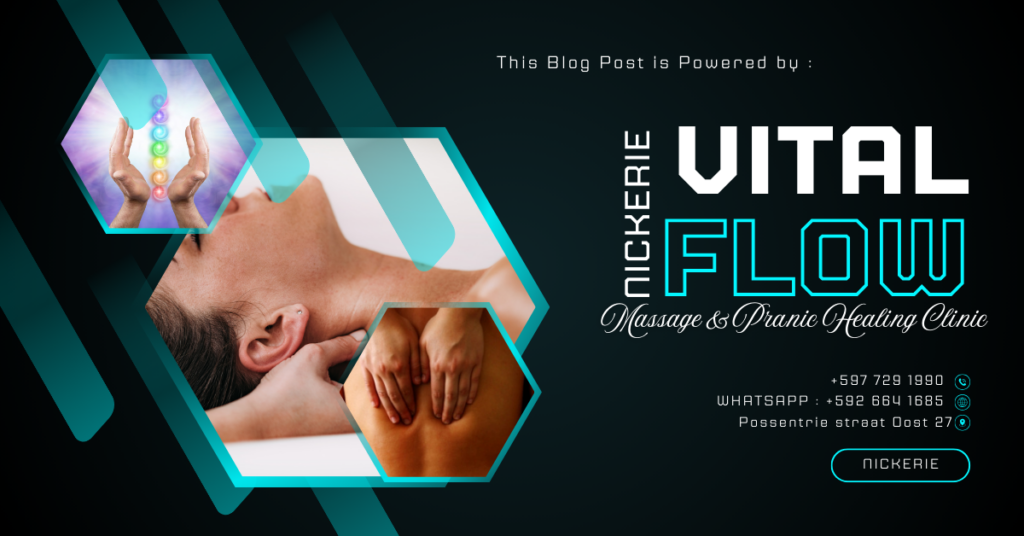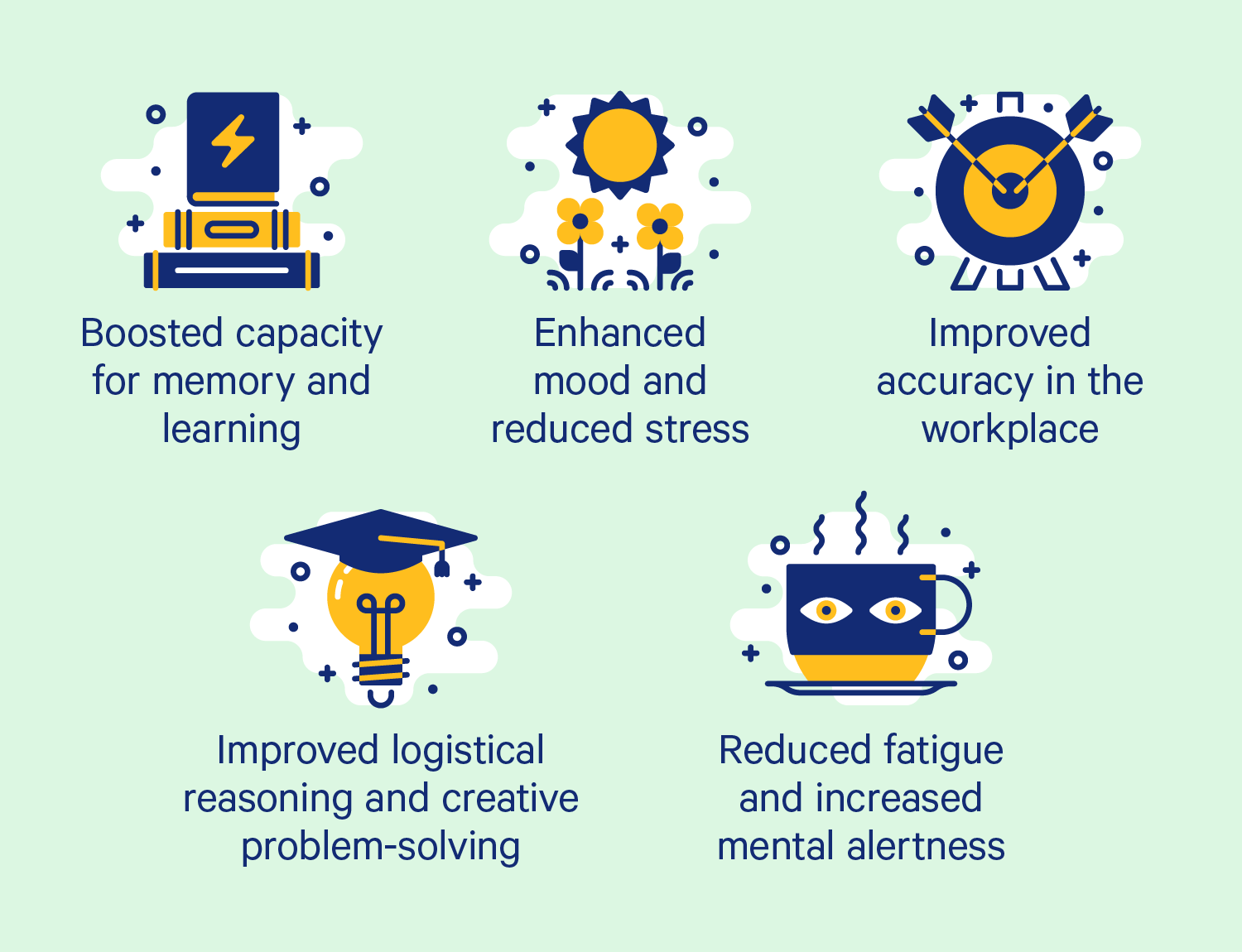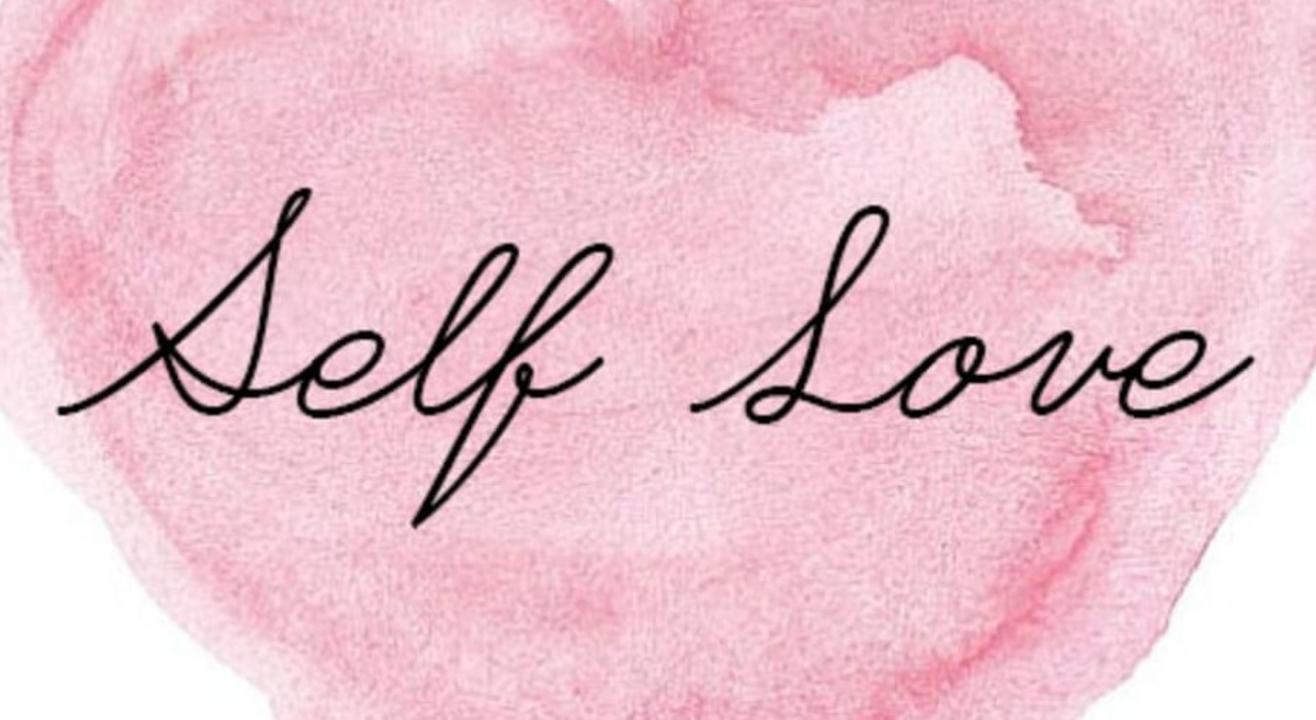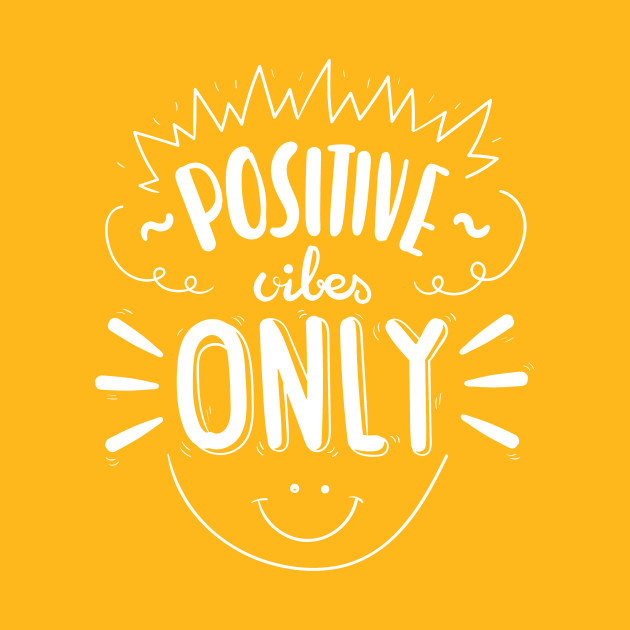Journaling is a powerful way to boost mental health and gain clarity in your thoughts. It gives you a private space to process emotions, release stress, and make sense of life’s challenges. This simple habit can improve your well-being and even strengthen your mind and body.
Writing Your Way to Better Mental Health
Your journal can be a powerful ally in battling anxiety, depression, and mental stress by giving you a private space to express your deepest feelings. That blank page won’t judge you – it’s there to catch your thoughts and worries without criticism. Writing down your troubles helps lift that heavy weight off your shoulders, especially when dealing with tough emotions.
Ever noticed how you feel lighter after writing things down? Research shows spending just 15 minutes writing three times weekly can boost your mood and reduce emotional distress within a month. Those who stick with journaling even need fewer doctor visits and show stronger immune systems.
Getting your thoughts onto paper helps untangle those complicated feelings swirling in your mind. A journal helps you spot patterns in how you react to challenges and discover better ways to handle life’s curveballs. As Julia Cameron notes: “Writing is medicine. It is an appropriate antidote to injury. It is an appropriate companion to any difficult change.”
Research Behind Journal Writing Benefits
The science behind journaling is pretty amazing – it actually strengthens your immune system, brings down blood pressure, improves how your lungs work, and keeps your liver running smoothly. When you write about emotional experiences, your body responds by producing more disease-fighting T-cells, and your heart rate stays steadier during stressful moments.
Regular journal writers catch fewer colds and sleep better at night. Writing for just 15-20 minutes before bed helps you drift off nine minutes faster than those who skip the evening scribble. Medical students who wrote about tough experiences showed stronger immune systems than those who wrote about everyday stuff. Spending 15-20 minutes writing about stress three times weekly led to better physical health after four months.
Boost Your Memory with Daily Writing

When you put pen to paper, your brain lights up like a Christmas tree – multiple regions responsible for learning and memory spring into action. This brain workout improves how much information you can hold onto and process at once.
The simple act of moving your hand across paper creates a powerful connection between your motor skills, vision, and memory centers. Your brain builds stronger pathways that help you remember what you’ve written. As Jack London advises: “Keep a notebook. Travel with it, eat with it, sleep with it. Slap into it every stray thought that flutters up into your brain. Cheap paper is less perishable than gray matter. And lead pencil markings endure longer than memory.”
Your journal becomes a treasure chest of memories, storing precious moments and insights that might otherwise slip away. These written records create a reliable map of your journey, helping you track how far you’ve come and remember the little details that shaped your path.
Writing Your Way to Success
Writing your goals on paper makes them 42% more likely to happen, and sharing weekly updates with friends boosts that success rate to 76%. Your brain processes written goals differently than mental ones, creating stronger neural pathways for action. With a buddy system in place, you’re 65% more likely to achieve what you set out to do.

Create a special section in your journal dedicated to tracking those dreams and plans. Map out your milestones with clear deadlines, and leave space to check in on your progress – think of it as your personal success roadmap.
Writing for Self-Discovery
Your journal becomes your confidence-boosting companion through regular writing practice. Each time you write, you’re developing a deeper understanding of your thoughts and emotions, creating space for authentic self-expression. Writing helps you face life’s challenges directly, transforming your journal into a powerful tool for building self-worth.
Joan Didion perfectly captured the purpose of journaling when she wrote: “I write entirely to find out what I’m thinking, what I’m looking at, what I see, and what it means. What I want and what I fear”. This practice opens doors to profound personal insights.
Your journal captures the evolution of your personal growth, documenting hopes, fears, dreams, and achievements along the way. Writing regularly helps identify patterns in your thoughts and behaviors, making it easier to understand your emotional triggers. The more you write, the clearer your path becomes, creating a meaningful record of your journey. Each entry builds upon the last, weaving together the story of your personal development.
Career Growth Through Journal Writing
Writing in your journal strengthens your communication muscles by organizing thoughts into clear, effective sentences. Regular practice expands your vocabulary naturally through the process of self-expression. The habit of documenting your professional experiences develops both analytical and creative writing skills essential for career advancement.
A work journal serves as your professional compass, keeping you oriented among daily tasks and meeting details. It enhances time management while providing space to process challenges and develop solutions, making it an invaluable tool for workplace productivity.
Writing Away Daily Stress
Your journal acts as a pressure release valve for your emotions, creating space for honest expression. Writing about what troubles you helps clear your mind and calm anxious thoughts.
Find your quiet writing spot where interruptions can’t break your flow. Set aside 10-15 minutes at the same time each day, letting words flow naturally without concern for perfect grammar or spelling. Your journal provides a judgment-free zone for authentic expression.
Regular journaling practice helps identify stress triggers while providing healthy outlets for managing daily pressures. Your journal becomes a reliable companion in maintaining emotional balance through life’s challenges.
Conclusion
Journaling is a simple yet impactful way to grow, find balance, and improve your overall well-being. It helps you process your emotions, reflect on your goals, and create meaningful change. Taking a few moments to write each day can make a real difference in how you think and feel.
changeyourlifeforthebetter, #lifechangingforthebetter, #noonecanchangeyourlifebutyou, #foodcanchangeyourlife, #godcanchangeyourlifeforthebetter🙏🏽, #opportunitiescanchangeyourlife, #yourlifecanchangeforthebetter, #biblecanchangeyourlife, #rightdecisioncanchangeyourlife





















